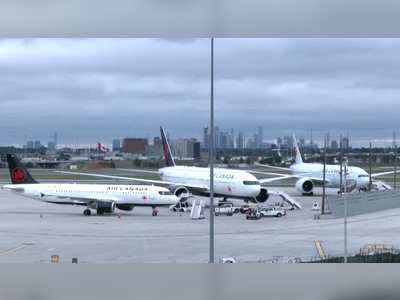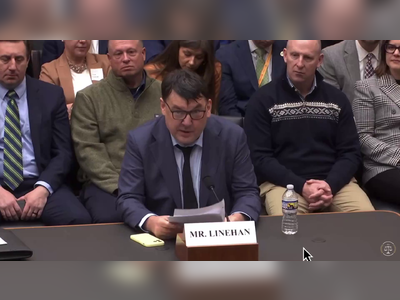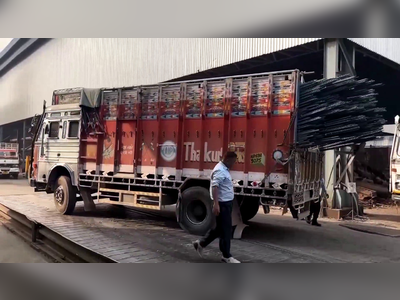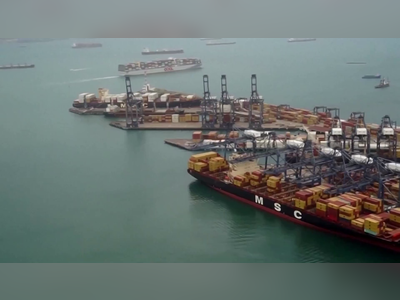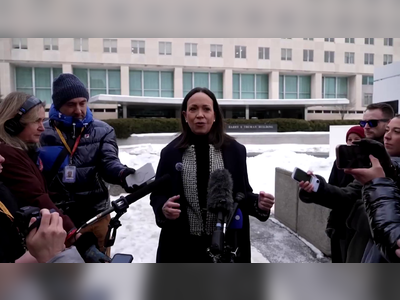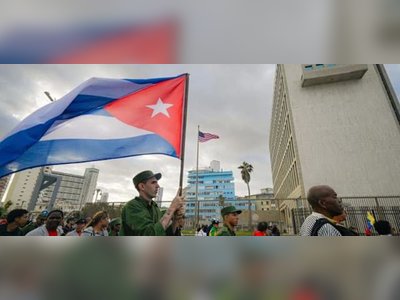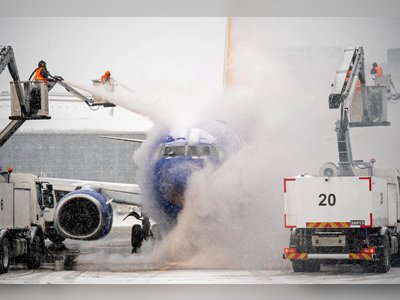Healthcare Turmoil in Heredia: Specialist Exodus Strains Hospital Services
The wave of specialist resignations raises critical concerns for patient care in Heredia, as healthcare professionals depart for improved compensation.
The healthcare system in Heredia, Costa Rica, is facing an unprecedented challenge as a significant number of specialist doctors exit the San Vicente de Paúl Hospital, the only major healthcare facility serving the province's half a million residents.
This wave of departures—from a crucial vascular specialist to a neurologist, orthopedist, and potentially more—has sparked concerns about the hospital's capacity to provide adequate patient care.
Dr. Priscilla Balmaceda, the hospital's medical director, underscores the acute impact of these resignations, particularly in the critical area of external consultations where specialist expertise is vital.
The departure of a vascular specialist, who was one of only three at the hospital, along with a pending resignation of a rheumatologist, highlights the growing pressure on the institution.
'We are now operating with a reduced capacity, which poses a significant challenge.
We've had to rely on support from neighboring hospitals in the broader network to manage our patient lists,' Balmaceda explained.
This situation is compounded by the fact that Heredia's San Vicente de Paúl Hospital is the sole provider under the Costa Rican Social Security Fund (CCSS) in the area, amplifying the strain of any loss.
Moreover, the hospital is bracing for possible additional exits, including an endocrinologist and a urologist, which would further erode its pool of specialists, rendering the hospital's response to patients' needs even more precarious.
This wave of resignations is not isolated but part of a broader trend, with the CCSS reporting 71 specialists resigning across various institutions to seek reemployment under a new global salary structure which promises a higher remuneration.
However, there's no guarantee these physicians will return post-resignation, leaving hospitals like San Vicente de Paúl in limbo.
Patients have yet to feel the full impact of these changes, but observers warn this is the calm before the storm.
Luz Mary Carranza, a patient who traveled miles to secure a rehabilitation appointment, remains unaware of the healthcare crisis brewing beneath the surface.
Meanwhile, Josefa Pineda, awaiting a hernia operation, hopes her March 2025 surgery remains on schedule, fearing delays due to increased pressure on surgical teams.
Dr. Balmaceda and her colleagues continue to grapple with the cascading effects of this manpower crisis.
While emergency services remain prioritized, with trauma cases getting immediate attention, regular outpatient consultations are increasingly delayed—a growing worry for patients reliant on specialized medical support.
Balmaceda notes the absence of alternative facilities in the region compounding these issues, highlighting a systemic vulnerability across Costa Rica's healthcare network.
The exodus of specialists amid a compensation policy shift demands urgent strategic response from policymakers to ensure sustainable healthcare delivery.
This crisis at the Heredia hospital serves as a critical reminder of the delicate balance between healthcare compensation and the effective delivery of services, emphasizing the pressing need for adaptive solutions to uphold patient care standards in a rapidly changing employment landscape.
This wave of departures—from a crucial vascular specialist to a neurologist, orthopedist, and potentially more—has sparked concerns about the hospital's capacity to provide adequate patient care.
Dr. Priscilla Balmaceda, the hospital's medical director, underscores the acute impact of these resignations, particularly in the critical area of external consultations where specialist expertise is vital.
The departure of a vascular specialist, who was one of only three at the hospital, along with a pending resignation of a rheumatologist, highlights the growing pressure on the institution.
'We are now operating with a reduced capacity, which poses a significant challenge.
We've had to rely on support from neighboring hospitals in the broader network to manage our patient lists,' Balmaceda explained.
This situation is compounded by the fact that Heredia's San Vicente de Paúl Hospital is the sole provider under the Costa Rican Social Security Fund (CCSS) in the area, amplifying the strain of any loss.
Moreover, the hospital is bracing for possible additional exits, including an endocrinologist and a urologist, which would further erode its pool of specialists, rendering the hospital's response to patients' needs even more precarious.
This wave of resignations is not isolated but part of a broader trend, with the CCSS reporting 71 specialists resigning across various institutions to seek reemployment under a new global salary structure which promises a higher remuneration.
However, there's no guarantee these physicians will return post-resignation, leaving hospitals like San Vicente de Paúl in limbo.
Patients have yet to feel the full impact of these changes, but observers warn this is the calm before the storm.
Luz Mary Carranza, a patient who traveled miles to secure a rehabilitation appointment, remains unaware of the healthcare crisis brewing beneath the surface.
Meanwhile, Josefa Pineda, awaiting a hernia operation, hopes her March 2025 surgery remains on schedule, fearing delays due to increased pressure on surgical teams.
Dr. Balmaceda and her colleagues continue to grapple with the cascading effects of this manpower crisis.
While emergency services remain prioritized, with trauma cases getting immediate attention, regular outpatient consultations are increasingly delayed—a growing worry for patients reliant on specialized medical support.
Balmaceda notes the absence of alternative facilities in the region compounding these issues, highlighting a systemic vulnerability across Costa Rica's healthcare network.
The exodus of specialists amid a compensation policy shift demands urgent strategic response from policymakers to ensure sustainable healthcare delivery.
This crisis at the Heredia hospital serves as a critical reminder of the delicate balance between healthcare compensation and the effective delivery of services, emphasizing the pressing need for adaptive solutions to uphold patient care standards in a rapidly changing employment landscape.
